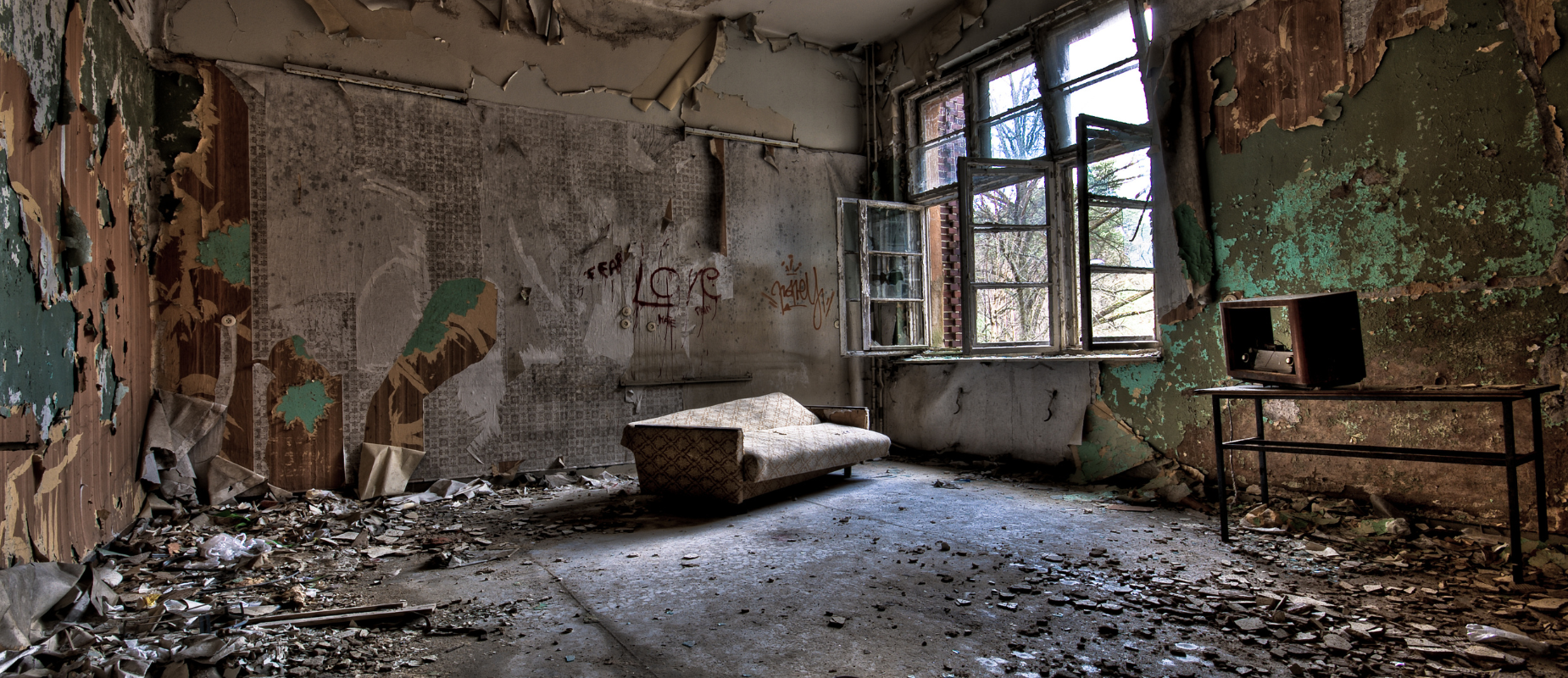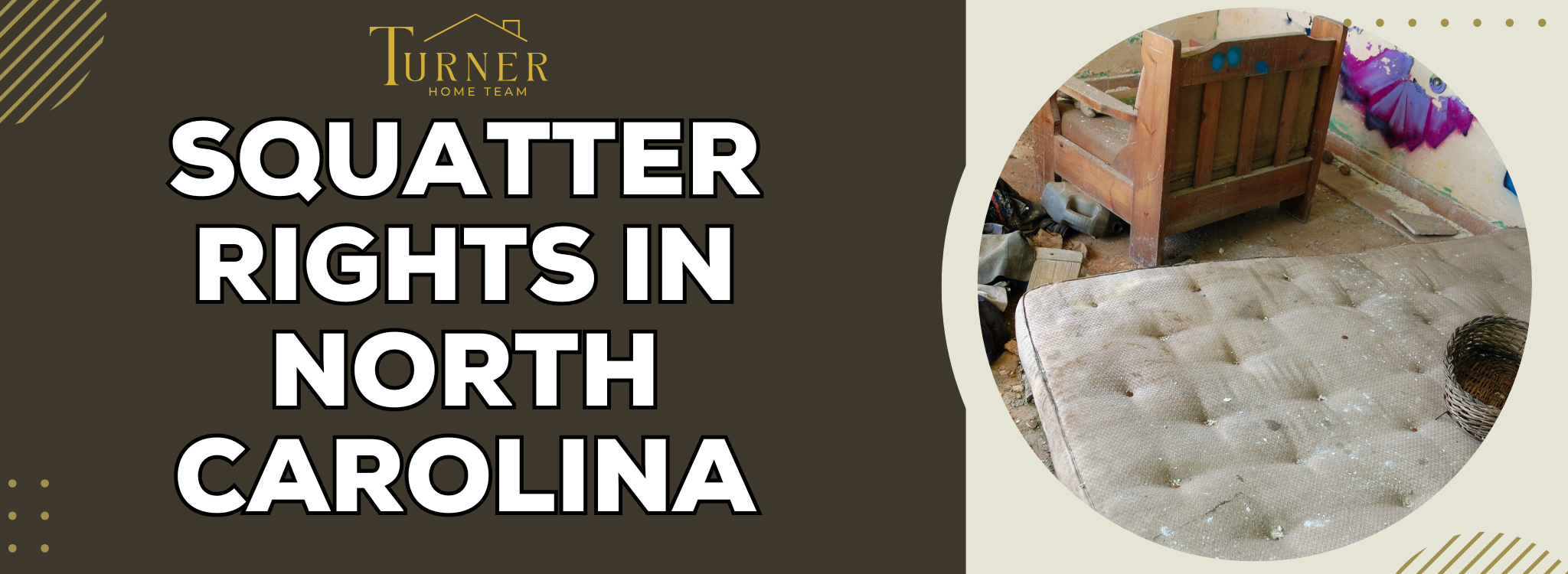
What Are the Legal Grounds for Squatters’ Rights in North Carolina?

In North Carolina, squatters’ rights are built on the idea of adverse possession. This law lets people claim property ownership if they live there openly and continuously for a certain time. Knowing squatting laws in North Carolina is crucial for both owners and squatters. The NC squatter’s rights law details the rules a squatter must follow to gain legal ownership of property they don’t own.
How Is Adverse Possession Enforced?
A squatter must meet specific criteria to enforce adverse possession in North Carolina. Enforcement means showing that the squatter has met all conditions over time. Key points include:
- Open and Notorious Possession: The squatter must use the property openly, like the real owner.
- Continuous Possession: The property must be occupied for at least seven years without a break.
- Exclusive Use: The squatter must control the land alone, without sharing with the true owner or others.

What Are the Conditions That Must Be Met?
For someone to make a successful adverse possession claim in North Carolina, several conditions must be met:
- Continuous Possession: The property must be occupied consistently for at least seven years.
- Hostility: The possession must be without the true owner’s permission.
- Color of Title: Often, the squatter needs a written document mistakenly suggesting they have a legal title.
- Payment of Property Taxes: Sometimes, paying property taxes can strengthen the claim.
Knowing NC adverse possession requirements helps ensure compliance with the adverse possession statute in North Carolina. Property owners should be aware of these rules to protect their investments.
Learning more about squatting and adverse possession laws can help people handle property disputes better. For more help, contact Turner Home Team for professional guidance.
How Do North Carolina Property Laws Affect Squatters?

Are There Specific Legal Requirements for Occupation?
In North Carolina, if a squatter wants to gain property ownership through adverse possession, they must meet certain conditions. These are part of the state’s property laws. The requirements are:
- Continuous Possession: The squatter must live on the property for at least 20 years without interruption.
- Open and Notorious Use: Their use of the property must be obvious to anyone, including the real owner.
- Exclusive Possession: The squatter must not share the property with the true owner or the public.
- Hostile Claim: The occupation must occur without the owner’s permission.
Understanding these rules is important for squatters and property owners in North Carolina. People interested in squatters’ rights should learn about the NC squatters’ rights law to ensure they follow all legal steps properly.
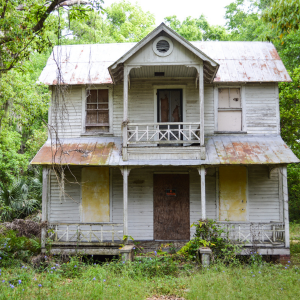
How Do These Laws Protect Property Owners?
North Carolina property laws help protect property owners from squatters by providing:
- Eviction Processes: Owners can start an eviction process to remove squatters. In North Carolina, this involves giving notice to the squatter and possibly going to court.
- Legal Support: Owners should talk to an attorney who knows NC real estate law to settle property disputes.
- Rights Preservation: These laws ensure that property owners can take back their land from squatters quickly.
Property owners need to know their rights in North Carolina and act fast if someone occupies their property. Legal professionals can help ensure all steps are taken correctly, protecting the owner’s property under North Carolina law.
Contact Turner Home Team for expert advice on property management and real estate issues. Our team understands local property laws and can offer guidance tailored to your needs.
What Steps Should Property Owners Take to Protect Their Rights?

Property owners in North Carolina should take steps to safeguard their property rights. Knowing the legal rules can help deal with squatters and adverse possession claims. Here are some steps to take:
- Regular Inspections: Check your property often for any unauthorized occupants.
- Secure The Premises: Make sure doors and windows are locked, and consider using gates and cameras.
- Clear Documentation: Keep detailed records of ownership, tax payments, and all related communications.
- Prompt Legal Action: If you find squatters, immediately talk to a property law attorney about starting eviction proceedings.
How Can Owners Prevent Adverse Possession Claims?
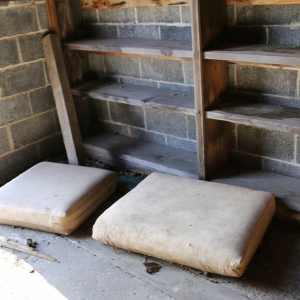
Adverse possession could allow someone to claim ownership of your property under certain conditions. In North Carolina, owners can prevent this by taking the following actions:
- Understand Property Rights in North Carolina: Learn about the state’s adverse possession laws to protect your rights.
- Mark Boundaries Clearly: Use fences or markers to show your property boundaries clearly.
- Address Disputes Quickly: Handle any land disputes immediately through official legal avenues.
- Use Legal Remedies: File an unlawful detainer action if someone occupies your property without permission.
What Legal Remedies Are Available for Eviction?
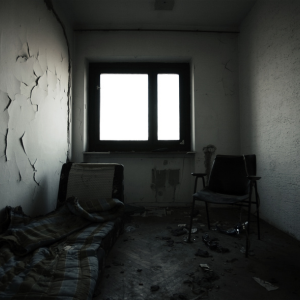
When evicting someone unlawfully occupying a property, North Carolina landlords and property owners must follow these steps:
- Serve Notice: Give written notice to the tenant or squatter, explaining the violation and required actions.
- File for Eviction: If unresolved, file an eviction lawsuit in the local court.
- Attend the Hearing: Present your case and evidence at the court hearing.
- Obtain a Judgment: Secure a court judgment for eviction if you win.
- Coordinate with Authorities: Contact local law enforcement to execute the eviction order.
Seek advice from a property law attorney in North Carolina to ensure you meet all legal requirements. For more help, reach out to the Turner Home Team.
Can Squatters Gain Ownership Through Adverse Possession?
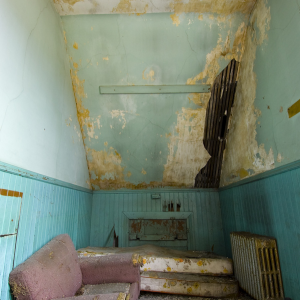
Adverse possession is a legal concept that lets people claim property ownership if they meet certain conditions. In North Carolina, this can change a squatter’s rights into a legal title. To do this, specific NC adverse possession requirements must be met. This process is important for anyone dealing with property disputes.
What Does It Mean to Have “Open and Notorious” Possession?
“Open and notorious” possession means a squatter’s use of the property is obvious and not hidden from the real owner or the public. In North Carolina, adverse possession law says the occupation must be clear enough to alert the true owner. This concept, called notorious possession, is key to proving claims under NC real estate and occupation law.
Why Is Continuous Possession Important?
In North Carolina, continuous possession means living on the property without breaks for a required time, usually at least seven years. According to North Carolina Adverse Possession Law 2023, continuous and hostile possession means the squatter keeps control without big gaps. The seven-year rule in NC highlights the need for ongoing occupancy to claim rights effectively under the hostile possession law in North Carolina.
For more information or help with adverse possession claims, consider contacting Turner Home Team for expert advice on property ownership issues in NC.
How Do Local Real Estate Practices Impact Squatters’ Rights?

What Role Do Property Taxes Play?
In North Carolina, keeping up with property taxes is crucial for maintaining legal rights over property. If these taxes go unpaid, it might look like the owner has abandoned the property, which can get complicated if squatters move in.
Squatters’ rights, known as adverse possession, allow someone to claim ownership of a property they’ve lived in for a certain time. They must meet conditions like living there openly and continuously. Sometimes, if squatters pay property taxes, their claim can be strengthened by showing they intend to own the property legally. Property owners in North Carolina should always pay their property taxes on time to avoid claims from squatters.
Are There Differences in Urban and Rural Areas?
Squatters’ rights can differ between urban and rural areas in North Carolina because real estate practices vary. Property ownership is usually clear in cities, with good records and regular checks. This means squatting happens less often, as properties are frequently managed or watched.
In contrast, rural properties might not get checked as much, so squatters have a higher chance of staying long-term. Large rural lands make it harder for owners to notice squatters quickly. North Carolina real estate practices must consider these differences to help property owners know their rights and duties in urban and rural settings.
Understanding local real estate practices and staying informed about property management basics can help prevent issues with squatters’ rights. If you have questions about your property rights, the Turner Home Team offers expert guidance tailored to your needs.
This information applies to North Carolina and its cities, including Fayetteville, Hillsborough, Raleigh-Durham, Jacksonville, NC, and more. For more details, please call us at (252) 525-4780 or visit our website at Turner Home Team.

